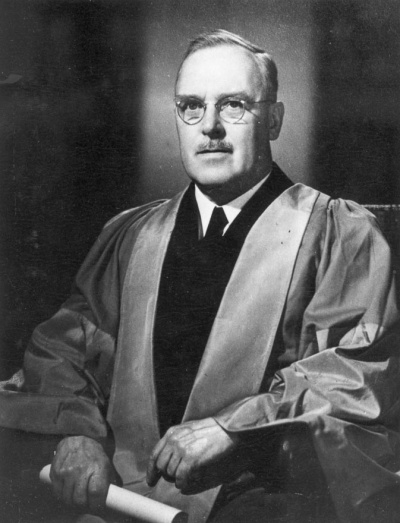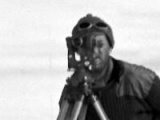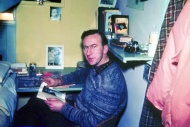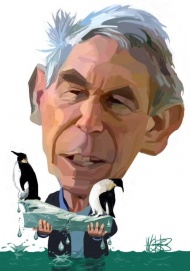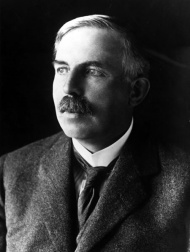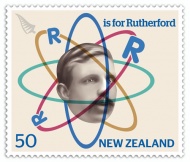Events In History
-
 10 December 1962Wilkins wins Nobel Prize in Physiology or Medicine
10 December 1962Wilkins wins Nobel Prize in Physiology or MedicineNew Zealand-born Maurice Wilkins and his colleagues James Watson and Francis Crick shared the prize for their studies on the structure of deoxyribonucleic acid (DNA), the genetic molecule found in all organisms. Read more...
-
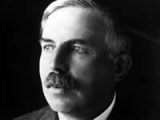 10 December 1908Rutherford wins Nobel Prize in Chemistry
10 December 1908Rutherford wins Nobel Prize in ChemistryErnest Rutherford's discoveries about the nature of atoms shaped modern science and paved the way for nuclear physics. Albert Einstein called him a 'second Newton' who had ‘tunneled into the very material of God'. Read more...
Articles
Scenery preservation 1903-1953

Premier Richard Seddon outlined his vision for 'God's own country' in 1903 as he steered the Scenery Preservation Act through Parliament. This act was an important landmark in preserving New Zealand's natural and historic heritage.
- Page 2 - Scientific originsEuropean settlers in New Zealand struggled to rework the indigenous
The 1920s

The 1920s was the decade that modern New Zealand came of age. Despite political and economic uncertainty, the country shrugged off the gloom of war to embrace the Jazz Age - an era of speed, power and glamour. Explore an overview of the decade and a year-by-year breakdown of key events.
- Page 9 - 1926 - key eventsA selection of key New Zealand events from
Biographies
-
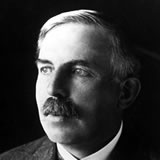 Rutherford, Ernest
Rutherford, Ernest
Rutherford's discoveries about the nature of atoms shaped modern science and paved the way for nuclear physics. Einstein referred to him as the 'second Newton' who ‘tunneled into the very material of God’.
Read more... -
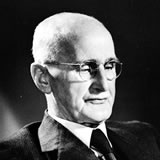 Jack, Robert
Jack, Robert
'Hello My Dearie' became one of the first songs ever to hit the New Zealand airwaves when physics professor Robert Jack broadcast New Zealand’s first radio programme on 17 November 1921.
Read more... -
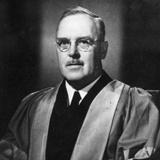 Marsden, Ernest
Marsden, Ernest
Ernest Marsden assisted with research leading to the nuclear model of the atom, and became a lecturer and a leading science administrator in 20th-century New Zealand.
Read more...
-
Main image: Ernest Marsden
Image of nuclear scientist Ernest Marsden in the 1950s

